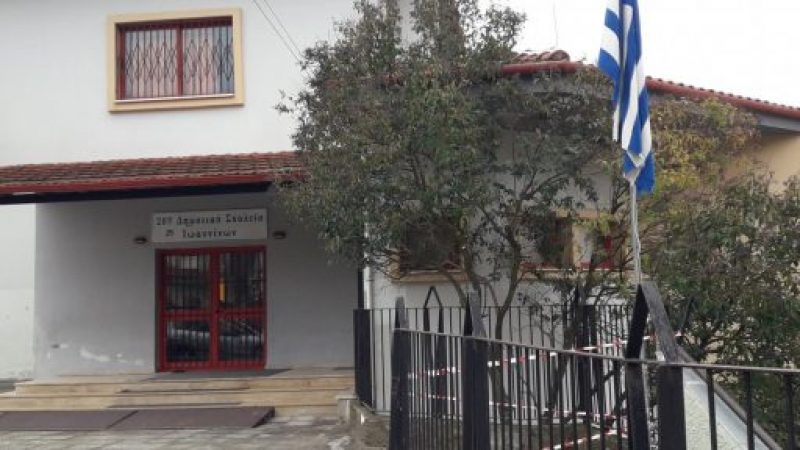The 26th Primary School of Ioannina has developed a number of innovative school projects activities. For example, in collaboration with a school in France and a local secondary school, the school community has studied the contribution of sports to friendship between countries and their people, in collaboration with local authorities and organisations and individuals active in the sports sector. Another project of the school has researched the history of the city of Ioannina and envisioned future perspectives, through collaboration with organisations such as the University of Ioannina. Further, the school has developed activities on nutrition and the environment, such as by organising Healthy Eating and Recycling Days as well as visits to places of food production and processing.
For the pilot activities of SALL in 2020-2021, the school developed a project that introduced students to urban agriculture, which is an alternative way for agricultural production in the local area. More specifically, students studied the way municipal vegetable gardens in the area of Ioannina operate, their societal role, the part of the population that they serve, the recycling of the materials they use, as well as their effectiveness. Because the gardens are located in the area close to the school and their operation involves students’ relatives, this topic is interesting and relevant for them.
The societal actor mainly involved was a person in charge from the Organization for Social Protection, Solidarity and Preschool Education of the Municipality of Ioannina, which operates the municipal vegetable gardens. Students collaborated with the person in order to formulate questions and proposals.
First a field study was carried out in the municipal vegetable gardens. Students observed the activities, the produce, irrigation and fertilization methods, materials recycling, and pesticide use. Then students developed a questionnaire-interview with the person in charge from the Organization for Social Protection, Solidarity and Preschool Education of the Municipality of Ioannina, about the role of the municipal vegetable gardens in the society, the need that led to their creation, the regulation of their operation, and the possibilities for expanding the project in other city areas. Then, they discussed the role of the vegetable gardens in connection to the Social Grocery and Pharmacy and the related issues of poverty and social exclusion. Eventually, students proposed compensatory benefits for the municipality through providing the produce of the municipal vegetable gardens to the Social Grocery, as well as proposing an improved recycling of agricultural residues, which is currently functioning deficiently in the gardens.
Despite the difficulties caused by the COVID-19 pandemic, the implementation of the living-lab activities managed to take off. This raised awareness among students, who critically approached the topics of food production and the societal role of relevant structures.
The school will continue with more living lab activities to further explore the thematic area of urban agriculture. This will also cover the kinds of plants which are usually planted along the streets and in the parks of the city, aiming to propose better ways to manage the organic matter produced through the pruning of those plants.
CONTACT
Pavlos Koulouris
National coordinator, Ellinogermaniki Agogi
Mail
School website

